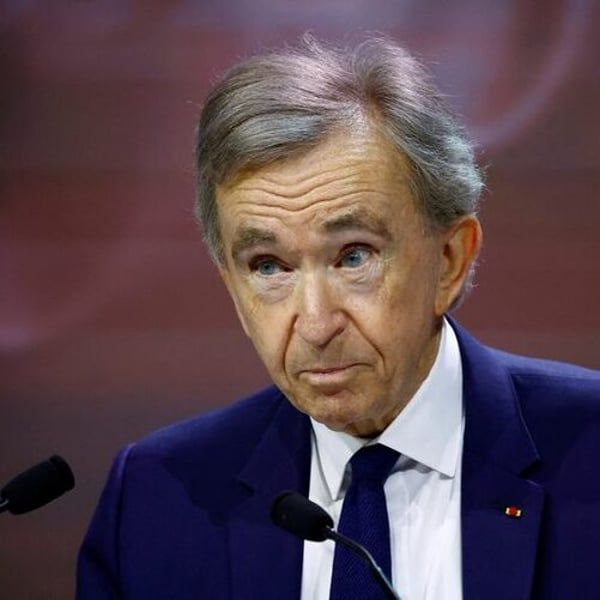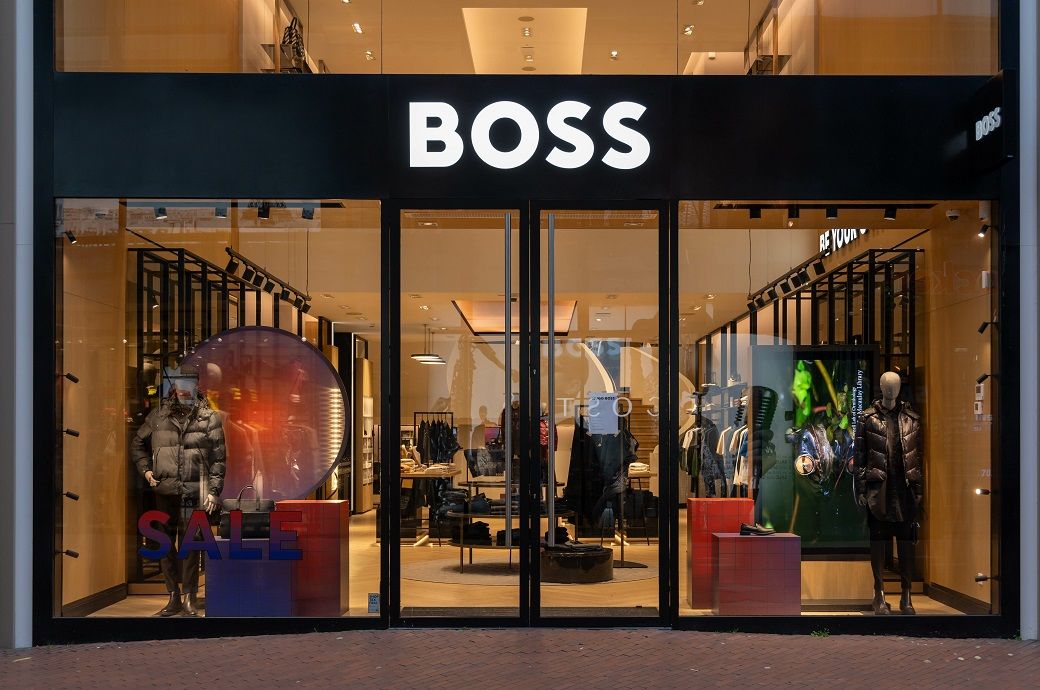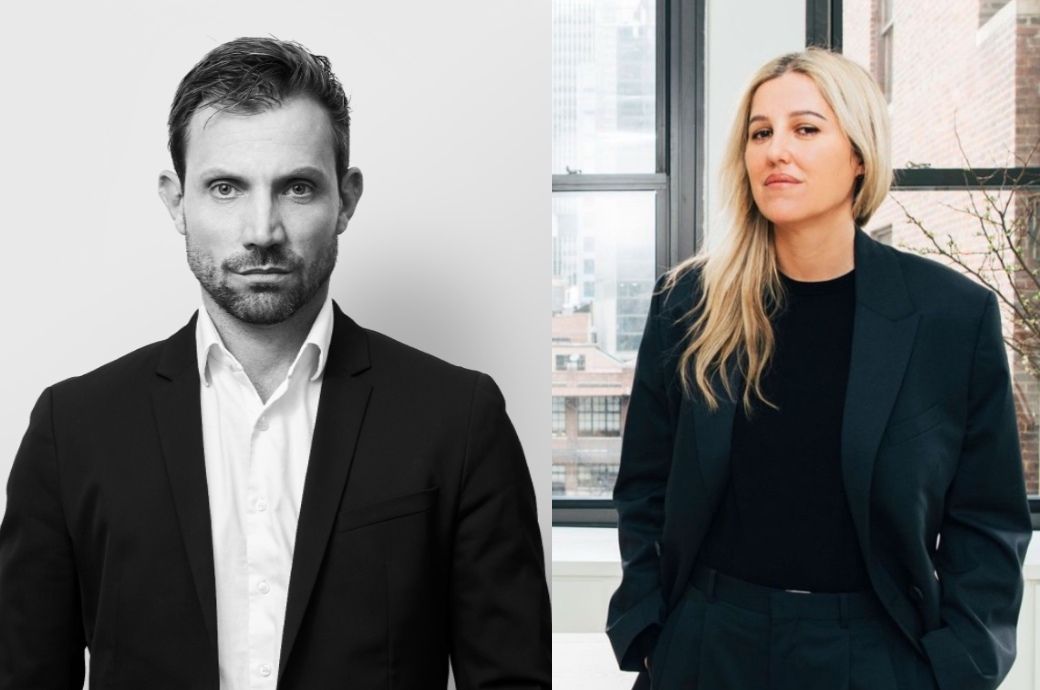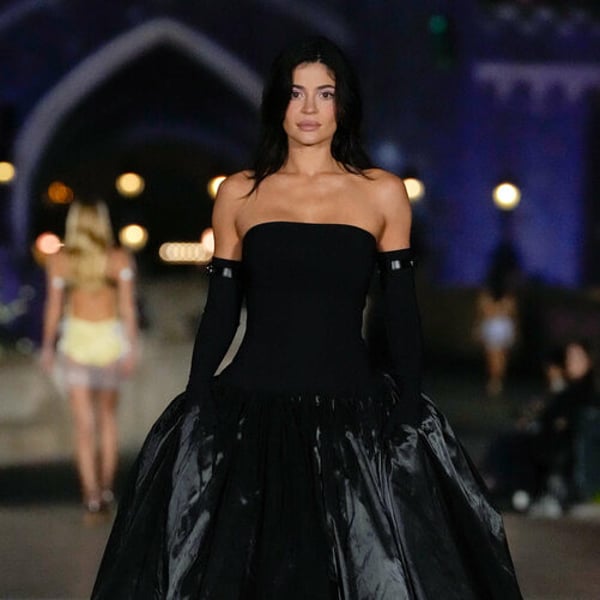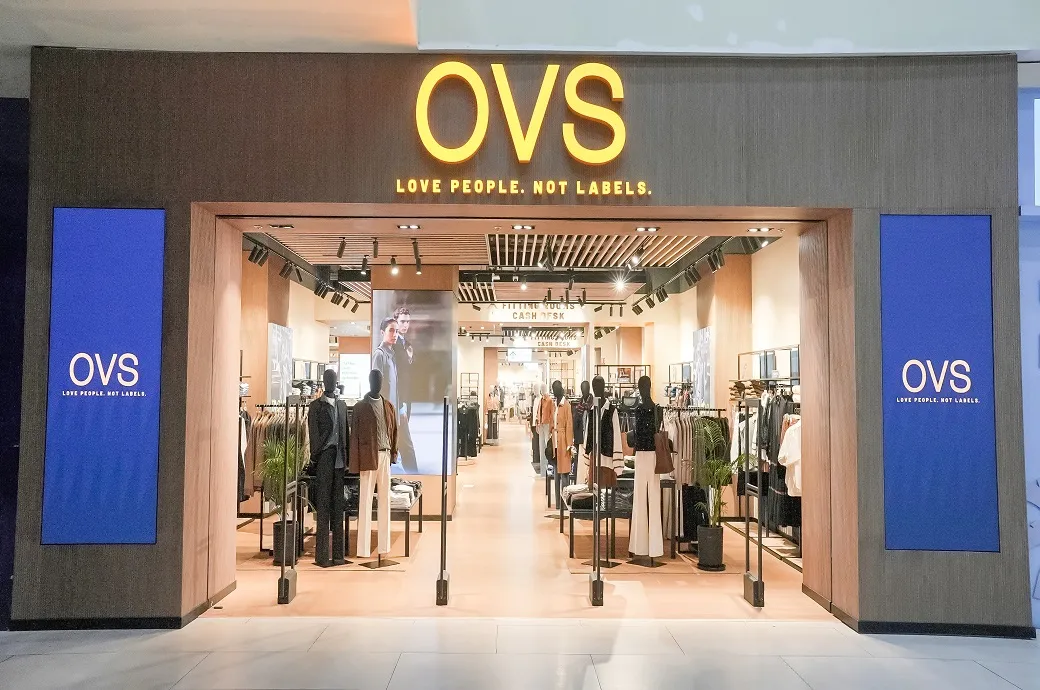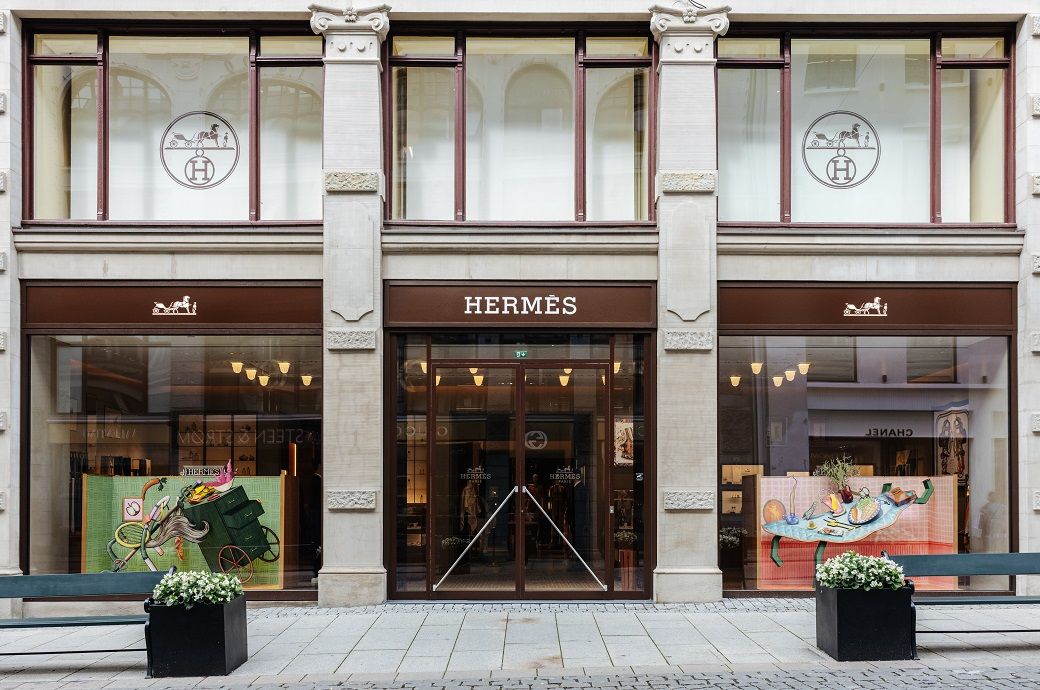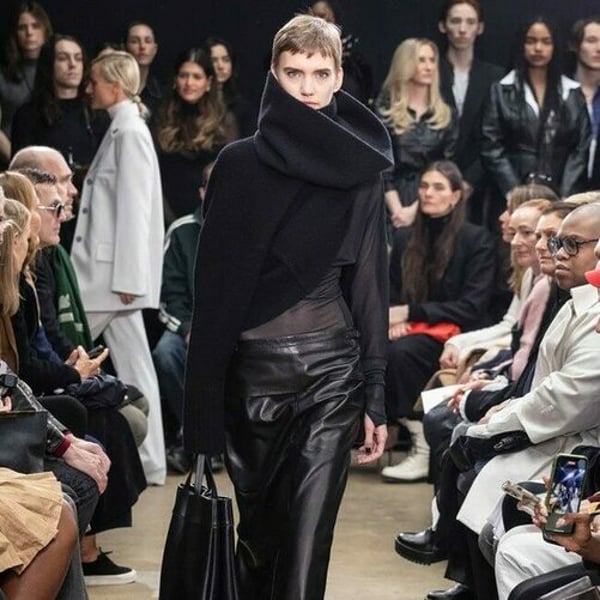By
Bloomberg
Published
July 12, 2024
Whichever sporting hero takes home the medals at the Paris Olympics later this month, there will be only one real winner: LVMH founder, chairman and chief executive Bernard Arnault. Despite the political turmoil in France – and the impact this has had on Arnault’s wealth following the fall in LVMH shares – his brands will play a starring role at the games.
LVMH Moet Hennessy Louis Vuitton SE has invested 150 million euros ($163 million) to become a premium sponsor of the Olympic and Paralympic Games. It will also be the first-ever “creative partner,” with its brands including Louis Vuitton and Dior being linked to the competition, its venues hosting cultural events and a roster of French athletes serving as ambassadors.
It is an unprecedented combination of designer and sports brands, underlining the growing power of the ostentatious luxury giant, which enjoys sales four times those of its nearest rivals and a market capitalisation of around 350 billion euros. Only Birkin bag maker Hermes International comes close to matching its value.
But Arnault can afford nothing more than a medal-sweeper. After three years of spectacular growth, luxury sales have slowed. Political turmoil in France cannot be ignored; some consumers are put off by high-end goods, while the dominance of European luxury brands is underscored by Hudson's Bay Co., owner of Saks Fifth Avenue, acquiring rival Neiman Marcus for $2.65 billion in a bid to compete with them more effectively.
According to Bloomberg Businessweek, Arnault was initially reluctant to write a check to sponsor the games. Now, LVMH brands will be almost synonymous with them, designing medals, dressing the French athletes and providing the champagne for VIP events. Dior will even take part in the opening ceremony, although details remain highly secret. Analysts at Bernstein describe the scale of the investment as “staggering.”
Such a publicity blitz is needed. While LVMH is expected to generate nearly €90 billion in sales this year, up from €54 billion in 2019, even the firm has not been immune to the sector's slowdown.
Chinese VIPs are still spending, but the middle class is under pressure from a deepening housing market slump. Similarly, in the United States, while the super-rich continue to splurge on Hermès handbags and Brunello Cucinelli SpA cashmere sweaters, those who are merely comfortable are constrained by high borrowing costs and persistent inflation. Earlier this year, the luxury market was expected to rebound in the second half of 2024, as the exacting comparisons with last year’s Chinese revenge spending faded. A recovery now seems unlikely before 2025. That explains why LVMH shares have given up almost all their gains since January.

And the Olympics could further delay the recovery. Travel restrictions in Paris and the fact that big luxury consumers are choosing to visit Milan may dampen demand in the French capital. But this short-term pain will be worth it.
LVMH's visibility will enable its brands to reach viewers around the world. They may not be reaching for a handbag or wallet today, but when they are, they will remember the trays with Louis Vuitton's iconic Damier check print on which the medals were handed out to the winners.
The involvement also underscores that LVMH is more than just a seller of physical goods. Arnault said two years ago that Louis Vuitton was not “just a fashion brand” but a “cultural brand.” The chief executive of handbag maker Neverfull, Pietro Beccari, told the Financial Times in May that there was “no home in the world that doesn’t have a [contact with] “Louis Vuitton products.”
This may be hyperbole, but it is not far from the truth. The appointment of the late Virgil Abloh and then Pharrell Williams as the house’s creative director of menswear connected it to music and associated subcultures such as streetwear. The Olympics will fuse it with sport. A campaign earlier this year for Louis Vuitton’s Christopher backpack showed tennis rivals Roger Federer and Rafael Nadal scaling the summit of Italy’s Dolomites.
And welcoming the world to Paris is part of another of Arnault’s strategies: moving further into the hospitality sector. The theory is that when Chinese travelers return to Europe in significant numbers, they will not only be wearing the company’s clothes, shoes and jewelry, but will be able to spend their holidays in an LVMH-controlled ecosystem, spanning hotels and restaurants. LVMH’s recent purchase of the old-school Parisian bistro Chez l’Ami Louis, as well as reports that Arnault is among the bidders for the Bauer Hotel in Venice, underscore this intention.
But LVMH's Olympic sponsorship must run smoothly. It is still unclear what kind of government will emerge in France and, consequently, what policies might affect the luxury groups. The hope is that, given the importance of the Games for Paris, politics will take a backseat to spectacle. But this cannot be guaranteed.
Meanwhile, U.S. competition authorities are eyeing the luxury goods market, investigating Tapestry Inc.’s $8.5 billion takeover bid for rival Capri Holdings Ltd. The Saks Fifth Avenue-Neiman Marcus deal could put the sector under further scrutiny. That’s important because LVMH isn’t done buying. Besides hospitality, it has room to expand into watches and jewelry, with Arnault taking a personal stake in Cie Financiere Richemont SA, which owns Cartier.
Finally, some consumers have begun to resist the rising costs of luxury goods, while allegations of poor working conditions at factories that produce Dior bags in Italy risk sparking a broader backlash.
Despite being the world's third-richest man, Arnault likes to get the most out of his money, as he demonstrated four years ago when he haggled over the price of Tiffany & Co., an investment that has paid off handsomely. Arnault hopes to get a similar return after his attempt to win gold at the first-ever Luxury Olympics.

